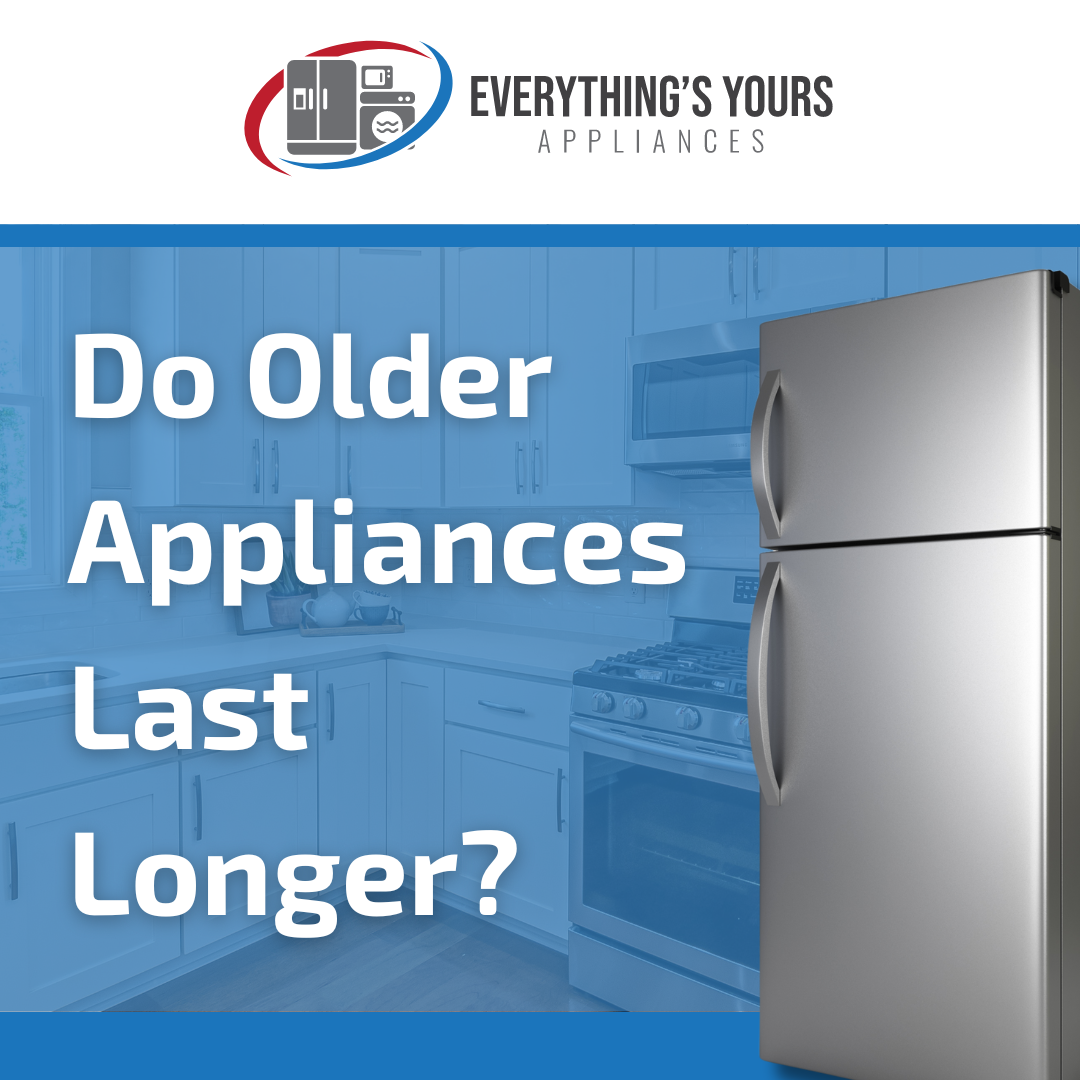
Do Older Appliances Last Longer?
In the world of household appliances, there’s a common belief that older models were built to last, while newer ones are prone to premature breakdowns. But is there any truth to this notion, or is it merely a myth perpetuated by nostalgia? Let’s delve into the question: Do older appliances really last longer?
The Myth of Durability:
It’s easy to romanticize the past and believe that products from bygone eras were inherently more durable and long-lasting. Indeed, many people fondly recall appliances from decades ago that seemed to withstand the test of time. However, the reality is more nuanced than the myth suggests.
Factors Influencing Longevity:
Several factors influence the lifespan of household appliances, regardless of their age. These include:
Build Quality: While some older appliances were indeed built with sturdy materials and robust craftsmanship, not all were created equal. Quality varied widely among manufacturers and models, and some appliances from the past may have been prone to issues or failures.
Maintenance: Regular maintenance is essential for prolonging the lifespan of any appliance, regardless of its age. Neglected maintenance can lead to premature wear and tear, reduced efficiency, and potential breakdowns. Proper care and upkeep are crucial for ensuring optimal performance and longevity.
Technological Advancements: Modern appliances benefit from technological advancements that improve performance, efficiency, and reliability. Newer models often feature innovative features, enhanced safety mechanisms, and improved materials that contribute to longer lifespans. Additionally, advancements in manufacturing processes and quality control have helped raise the overall standard of durability in today’s appliances.
The Truth About Older Appliances:
While it’s true that some older appliances have stood the test of time, many have also succumbed to wear and tear, technological obsolescence, or simply the passage of time. The perception of durability is often influenced by survivorship bias, wherein only the most robust and well-maintained appliances from the past remain in use today, while less durable models have been replaced or forgotten.
Moreover, older appliances may lack the energy efficiency, performance capabilities, and safety features of their modern counterparts. As technology advances and consumer preferences evolve, newer appliances continue to offer benefits that extend beyond mere longevity.
Making Informed Choices:
When considering whether to invest in older or newer appliances, it’s essential to weigh the pros and cons carefully. While older models may offer a sense of nostalgia or perceived durability, newer appliances often provide superior performance, efficiency, and safety features. Additionally, warranties and support options are typically more readily available for newer products, providing added peace of mind.
Ultimately, the decision should be based on individual needs, budget considerations, and the specific features and benefits offered by each appliance. By researching thoroughly, considering factors such as build quality, maintenance requirements, and technological advancements, consumers can make informed choices that align with their preferences and priorities.
Conclusion:
In conclusion, while older appliances may hold a certain charm and nostalgia, their longevity is not guaranteed. Modern appliances offer numerous advantages in terms of performance, efficiency, and safety, making them worthy contenders for today’s households. By understanding the factors that influence appliance lifespan and making informed decisions, consumers can ensure that their appliances serve them well for years to come.